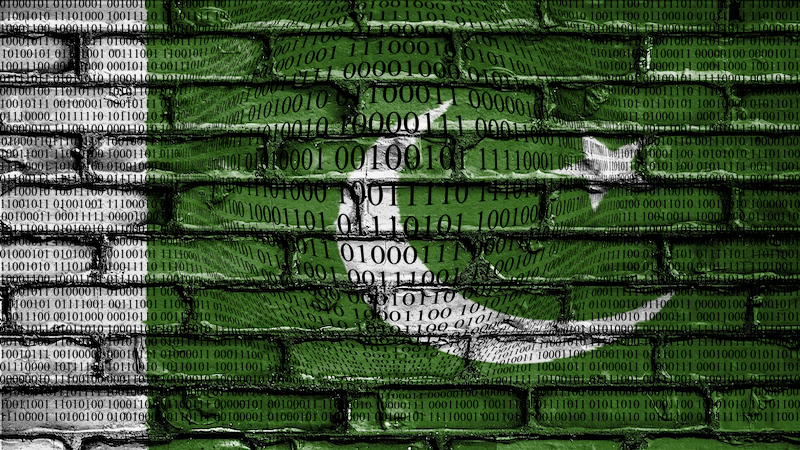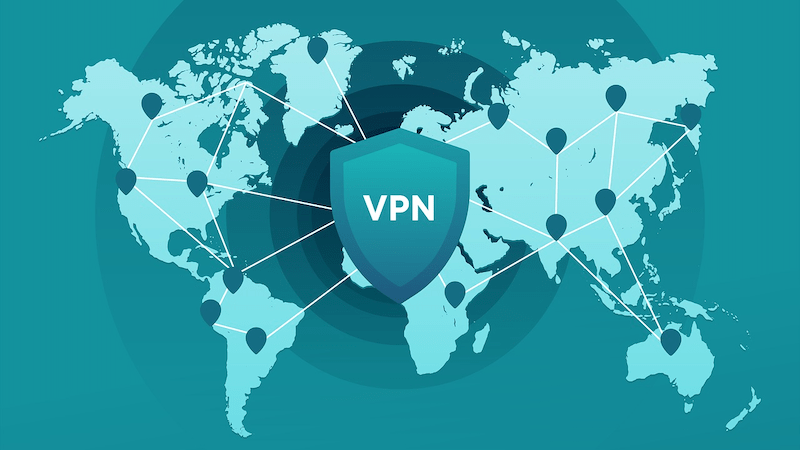Critically Analyzing ‘Evolving Cyber Operations’ And Implications For Pakistan – OpEd – Eurasia Review
A recent report by RAND Cooperation titled “Evolving Cyber Operations” provides a comprehensive analysis of cyber operations and capabilities, particularly focusing on the lessons from the Ukraine conflict. It presents a critical look at the evolving nature of cyber warfare, the role of cyber proxies, and the shift from traditional cyber defense strategies to a resilience-focused approach.
It emphasizes cyber resilience over deterrence. The report emphasizes a shift from deterrence to resilience in cyber defense strategies. It argues that democracies cannot rely solely on deterring cyberattacks but must focus on minimizing disruption to critical data and services. The report also highlighted the role of cyber proxies. The conflict in Ukraine highlighted the significant role of cyber proxies. These proxies, whether aligned with Russia or Ukraine, have demonstrated their capacity to influence conflicts beyond direct cyberattacks, particularly in shaping political narratives and international opinions
Political and Social Resilience: Political and social resilience is identified as crucial in cyber defense. The Ukrainian experience shows the importance of maintaining political will and leveraging a diverse range of actors, including civil society and the private sector, in building a robust defense. International Collaboration remains one of the most important: The report underscores the importance of international partnerships in cyber defense. Sharing intelligence, technology, and tactics among allies can significantly enhance a nation’s cyber capabilities The use of proxies in cyber warfare has evolved, with groups like Killnet and the IT Army of Ukraine playing significant roles. These groups have blurred the lines between traditional state-aligned proxies and transnational political actors
Implications for Pakistan’s National Security
Enhancing Cyber Resilience: Pakistan should prioritize building a resilient cyber infrastructure that can withstand and quickly recover from cyberattacks. This involves not just technological solutions but also a comprehensive strategy encompassing political, social, and economic dimensions.
Diverse Cyber Defense Strategy:…




